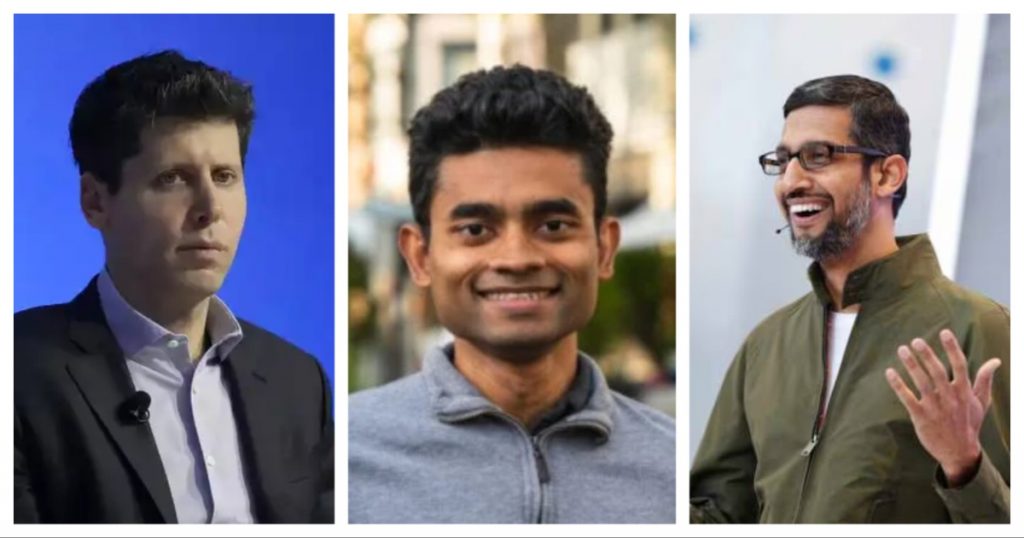There seem to be more twists and turns in AI corporate maneuvers than a Hollywood potboiler.
OpenAI’s rumoured acquisition of Windsurf has decisively fallen through. Even more interestingly, several of Windsurf’s top employees, including its CEO, have joined Google. Google is paying $2.4 billion in license fees as part of the deal to use some of Windsurf’s technology under non-exclusive terms, but is not taking a stake in Windsurf.

These developments come after it had been widely reported last month that Windsurf had been acquired by OpenAI for $3 billion. Windsurf CEO Varun Mohan had even teased a big announcement on X, but had ended up announcing a new feature when people were expecting the announcement of the acquisition. Similarly, OpenAI hadn’t formally announced the acquisition through any medium.
But that hasn’t stopped other companies from acting as though the acquisition has already taken place. Anthropic had cut off access to its models to Windsurf, forcing the company to scramble and look for alternatives. It had appeared that Anthropic didn’t want its coding models to be used by a company owned by OpenAI, and give away details of their usage patterns to a competitor in the AI race.
It had later been reported that the reason that the acquisition hadn’t been announced was that OpenAI wasn’t able to agree with Microsoft — its biggest investor — over the terms of the acquisition. “Microsoft currently has access to all of OpenAI’s IP, according to their agreement. It offers its own AI coding product, GitHub Copilot, that competes with OpenAI. OpenAI doesn’t want Microsoft to have access to Windsurf’s intellectual property,” WSJ had reported in June.
It now turns out that the acquisition has indeed fallen through. Instead, Google has hired Windsurf CEO Varun Mohan, co-founder Douglas Chen, and some members of the coding tool’s research and development team. These members will join Google’s DeepMind AI division. “We’re excited to welcome some top AI coding talent from Windsurf’s team to Google DeepMind to advance our work in agentic coding,” Google said in a statement.
Windsurf, meanwhile, will continue to operate as a company. Its head of business, Jeff Wang, has been appointed its interim CEO, and Graham Moreno, vice president of global sales, has been appointed president. The majority of Windsurf’s 250 employees will remain with the company, which has announced plans to prioritize innovation for its enterprise clients.
Windsurf’s investors, meanwhile, will likely make money from the $2.4 billion “license fee” Google has paid to use Windsurf’s technology. They will retain their stakes in the company.
It’s a pretty unexpected series of developments with plenty of implications. For starters, it shows that differences between Microsoft and OpenAI were sufficiently large to let go of a possibly valuable acquisition — OpenAI had also been interested in acquiring AI coding IDE Cursor, and had then settled for Windsurf. With this acquisition falling through, OpenAI’s AI IDE plans will likely take a hit. Also, OpenAI has lost plenty of talent over the last few weeks with Meta poaching away several senior researchers — with Google now “poaching” away another an acquisition, it presents another challenge for the company. The deal also raises questions on the future of Windsurf — with the company’s founders and top leadership having left, it might make it hard for it to keep winning over enterprise clients. These are extremely interesting times in AI, and companies clearly seem to be stopping at nothing to outbid and outmaneuver each other as they race towards AGI.